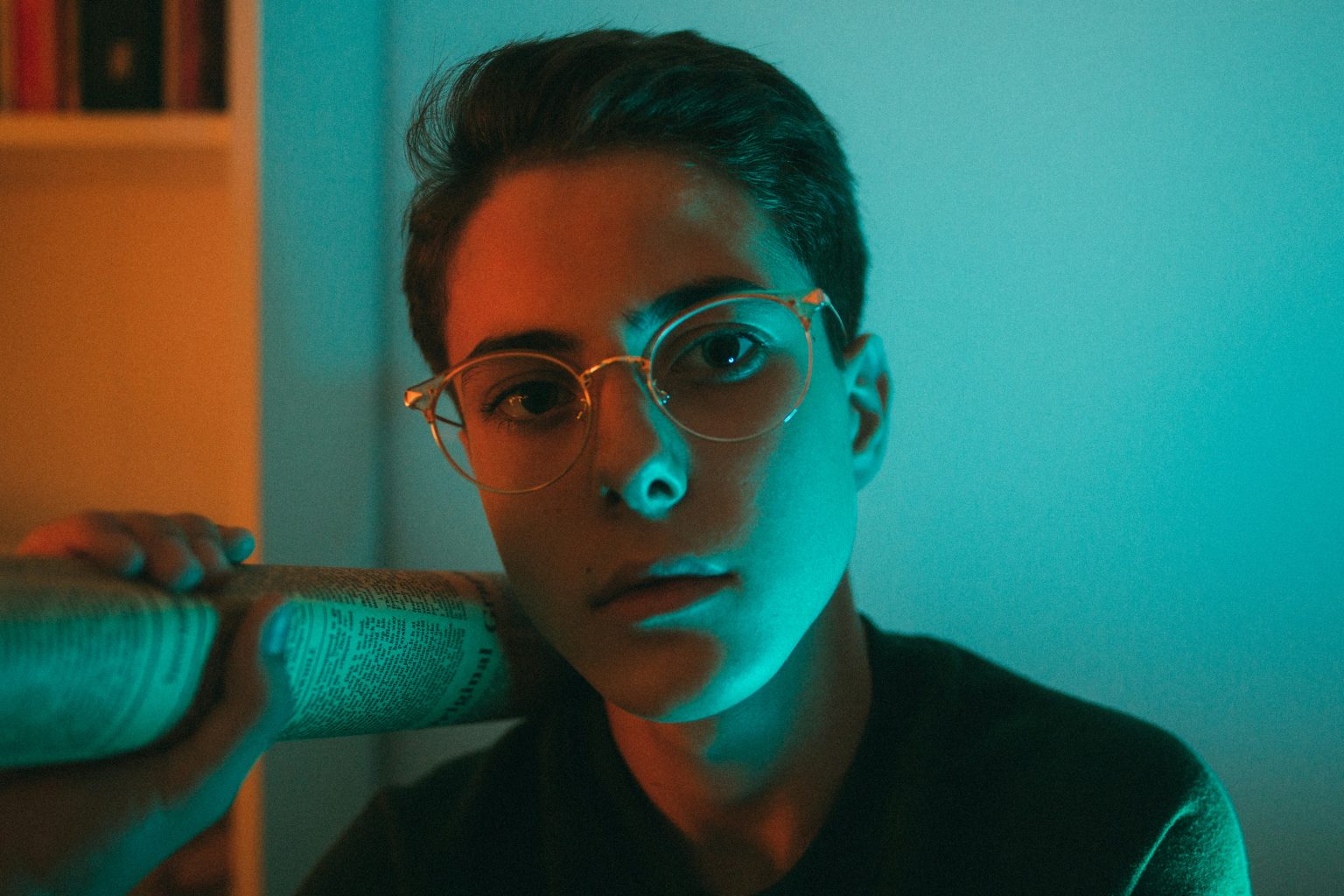In an era where the average person spends close to seven hours a day in front of digital devices, protecting our eyes has never been more crucial. The increasing exposure to screens—whether from smartphones, computers, or televisions—has led to heightened concerns about the effects of blue light, a high-energy visible (HEV) light emitted by these devices. Enter blue light glasses, an accessory that has rapidly gained popularity not only as a fashionable eyewear choice but also as a functional solution for safeguarding our eye health in this digitally dominated age.
But are blue light glasses really essential, or are they just another trend? Let’s explore why these lenses have become a necessity for many and examine their benefits beyond just cutting glare from screens.
What is Blue Light, and Why Does it Matter?
Blue light is part of the visible light spectrum, sitting between 380 and 500 nanometers. It has the shortest wavelength but produces a high amount of energy. Some blue light is naturally emitted by the sun, which helps regulate our circadian rhythms and boosts mood and alertness. However, artificial sources of blue light, primarily from digital screens, LED lights, and even fluorescent bulbs, have sparked concern over the long-term impact on our eyes and health.
Unlike natural blue light from the sun, prolonged exposure to artificial blue light—especially from screens—can cause digital eye strain, sleep disruption, and potentially contribute to more serious eye problems. The modern lifestyle of constant connectivity has made this artificial exposure nearly unavoidable.
The Growing Concern of Digital Eye Strain
With the rise of remote work, online education, and increased screen-based entertainment, digital eye strain, or computer vision syndrome, is becoming a widespread issue. Symptoms include:
- Dry, irritated eyes
- Blurred vision
- Difficulty focusing
- Headaches
- Fatigue
These discomforts are often linked to extended exposure to digital devices and can make everyday tasks feel exhausting. Blue light glasses aim to reduce these symptoms by filtering the amount of HEV blue light that reaches the eye, thus minimizing strain.
How Do Blue Light Glasses Work?
Blue light glasses are equipped with lenses that either block or filter out a portion of blue light emitted by screens. While some glasses block up to 100% of blue light, others filter a certain percentage, typically between 30% to 50%. This balance allows for eye protection without heavily distorting the colors on your screen, which is important for tasks like graphic design or video editing.
The idea behind blue light glasses is simple: by reducing the amount of high-energy light entering your eyes, you experience less strain, making it easier to focus and work longer without feeling the effects of digital fatigue.
The Benefits of Blue Light Glasses
- Reduced Eye Strain: Blue light glasses help reduce symptoms associated with digital eye strain, such as headaches, dry eyes, and blurred vision. This makes them particularly beneficial for anyone working long hours in front of a screen, including office workers, students, and gamers.
- Improved Sleep: Exposure to blue light, especially in the evening, can disrupt your body’s production of melatonin, the hormone that regulates sleep. Wearing blue light glasses, particularly in the hours leading up to bedtime, can help maintain a healthy sleep cycle by limiting the blue light that reaches your eyes, allowing your body to produce melatonin naturally.
- Increased Productivity: For those who spend most of their day in front of a computer, blue light glasses can improve focus and productivity. By reducing eye discomfort and strain, it becomes easier to stay concentrated for longer periods without feeling drained.
- Potential Long-term Eye Health Protection: While research is ongoing, some experts believe that cumulative exposure to blue light could contribute to more serious eye issues, such as macular degeneration, later in life. Blue light glasses may offer a protective measure against these long-term effects.
Are Blue Light Glasses for Everyone?
While blue light glasses offer numerous benefits, they may not be necessary for everyone. If you don’t spend much time in front of screens, you may not need to invest in a pair. However, for those who do, they can be a game-changer in terms of comfort and long-term eye protection.
It’s also worth noting that blue light glasses are not a cure-all. They are best used alongside good digital habits, such as taking regular breaks using the 20-20-20 rule (every 20 minutes, look at something 20 feet away for 20 seconds) and ensuring proper lighting when working on a screen.
Final Thoughts
As our reliance on digital devices continues to grow, so does the need for protecting our eyes from the potential harm caused by prolonged screen time. Blue light glasses have emerged as an essential tool for reducing digital eye strain, improving sleep quality, and potentially safeguarding long-term eye health. Whether you’re working, studying, or gaming, investing in a pair of blue light glasses could be a small step with significant benefits.
In this digital age, taking steps to defend your eyes isn’t just a luxury; it’s a necessity.
